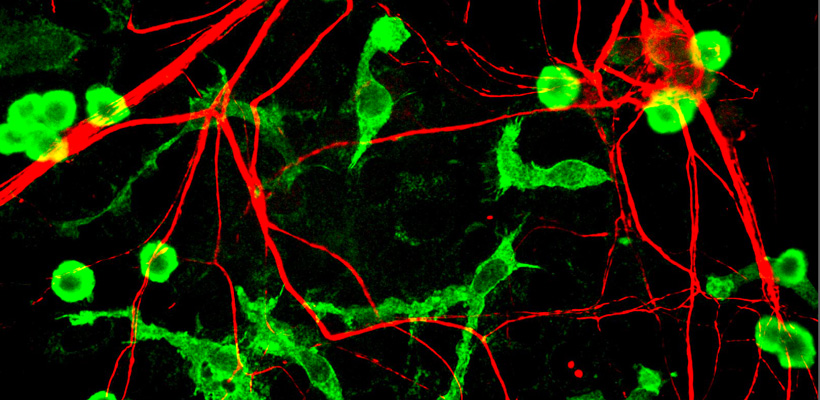
Immune cells in brain drive overeating
A study, from the University of California in San Francisco, has found that immune cells within the brain, known as microglia, could be responsible for weight gain caused by overeating. It has been known for some time that the hypothalamus contains neurons that regulate food intake and energy expenditure; in this study the researchers fed mice a high fat diet which is known to cause an increase in microglia. It was found that the high fat diet caused local inflammation within the hypothalamus, when compared to the control group of mice. They also found that the mice who had been fed high fat foods continued to consume more afterwards.
In order to prove that the increase in microglia was the cause of the overeating, some of the mice were given a drug that depleted their levels of the cell. They found that mice treated with the drug consumed 15% less and gained 20% less weight, compared to mice on the same diet. Mice were then engineered to form microglia that couldn’t mount an inflammatory response and they gained 40% less weight, suggesting that the effect of microglia could be crucial in our understanding of the development of obesity. The researchers are hoping to move their study on to humans in the near future to properly examine the effect of microglia on overeating and obesity and potentially help control them. In the immediate future they are going to investigate how the consumption of high-fat foods leads to the activation of microglia, and whether there is any way to stop these signals from being processed.




